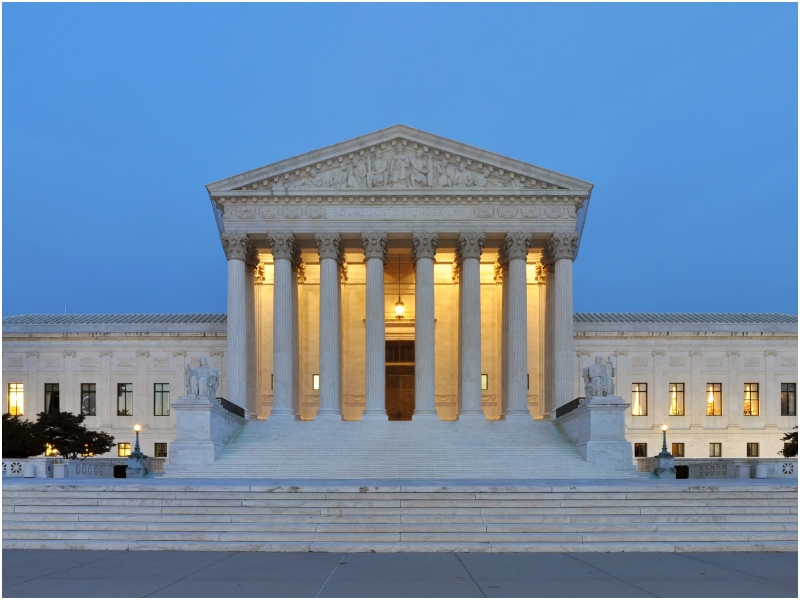New York City’s rent-related laws, notably the Rent Stabilization Law (RSL), have once again weathered legal challenges as the Supreme Court denied review in the case of 74 Pinehurst LLC v. New York.
The petitioners, a group of New York City landlords, argued that the RSL violated their constitutional rights but failed to sway both the district court and the Court of Appeals for the Second Circuit.
The Supreme Court’s refusal to hear the case solidifies the continued implementation of the RSL, including its 2019 amendments, which impose restrictions on landlords regarding rent increases and eviction processes.
The RSL, established in 1969 and amended in 2019, has been a contentious issue, especially among New York City landlords.
The amendments introduced stricter regulations on rent-stabilized apartments, including limitations on rent increases and hurdles in the eviction process. Despite legal challenges, the RSL remains a cornerstone of New York City’s housing policies, with rent-stabilized apartments constituting a significant portion of the city’s housing stock.
In the case of 74 Pinehurst LLC v. New York, the landlords argued that the RSL violated their Fifth and Fourteenth Amendment rights, alleging that the restrictions on terminating leases amounted to a “taking” of their property.
However, both the district court and the Second Circuit rejected these claims, emphasizing that economic harm alone does not constitute a regulatory taking.
While the Supreme Court’s decision signifies a victory for proponents of the RSL, Justice Thomas hinted at the possibility of future review.
He suggested that the Court should consider the constitutionality of the RSL in a future case that presents a more appropriate opportunity for review.
This leaves open the possibility of continued challenges to the RSL in the future, as landlords seek to overturn or amend its provisions.
For now, the RSL remains intact, governing approximately one million apartments in New York City.
However, the Supreme Court’s decision leaves the door ajar for potential future challenges, indicating that the debate over New York City’s rent laws is far from over.

